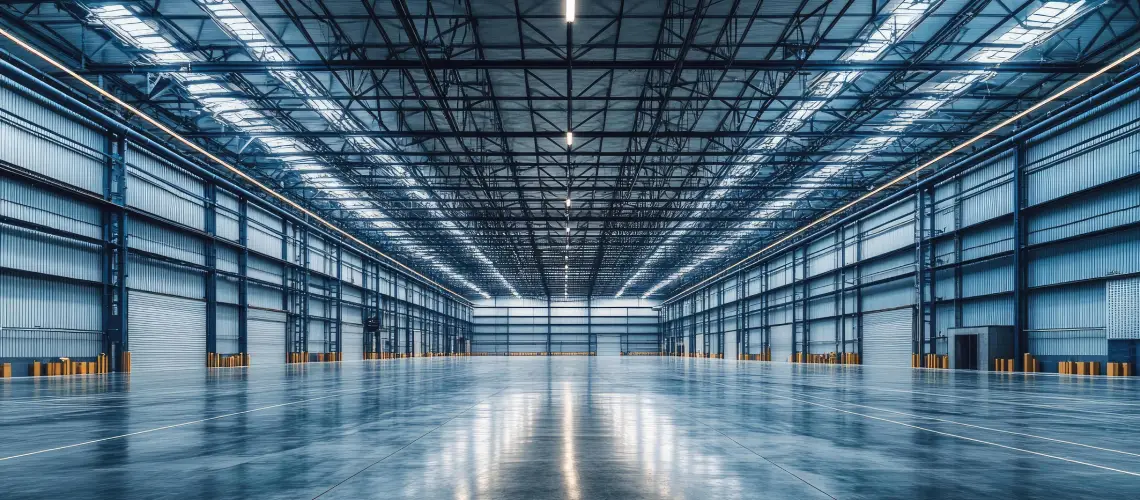Manufacturing remains a cornerstone of Australia’s economy, contributing significantly to employment, exports, and innovation. From advanced materials to food production and automotive components, the sector plays a crucial role in driving national growth. As the industry evolves with technology and global demand, valuation methods are also adapting. A professional manufacturing business valuation provides clarity for owners, investors, and stakeholders by capturing the unique factors that define the worth of manufacturing enterprises.
Key Drivers in Manufacturing Valuations
Asset Intensity
Manufacturing businesses often rely heavily on machinery, plants, and equipment. The condition, utilisation, and efficiency of these assets directly affect valuation outcomes.
Supply Chain Stability
Global trade disruptions highlight how supply chain resilience impacts profitability. Valuers consider long-term contracts, sourcing strategies, and distribution networks when assessing value.
Innovation and Automation
The integration of robotics, AI, and lean manufacturing processes boosts productivity and reduces costs, enhancing long-term business worth.
Regulatory Compliance
Environmental standards, workplace safety, and industry-specific compliance measures can add or detract from valuation depending on performance.
Why Manufacturing Business Valuation Matters
A professional manufacturing business valuation provides:
- Accurate insights into tangible and intangible assets
- Clarity for mergers, acquisitions, or succession planning
- Evidence for loan applications or investor negotiations
- Guidance on opportunities to improve efficiency and profitability
Benefits for Owners and Investors
- Transparency: Understand true financial and operational strengths
- Confidence: Make informed decisions about growth or sale opportunities
- Risk Awareness: Identify weak points in operations or compliance
- Strategic Planning: Use valuation data to guide investments in technology or expansion
Local Perspective in Adelaide
Adelaide has positioned itself as a hub for advanced manufacturing, including defence, aerospace, and renewable technologies. Businesses in these sectors often see uplift in valuation due to high-value contracts and government support. Localised valuations are essential to capture both the opportunities and challenges unique to Adelaide’s manufacturing landscape.
Conclusion
Manufacturing is shaping business valuation outcomes by combining asset-heavy operations with rapid innovation and global influences. A professional manufacturing business valuation ensures that these factors are properly measured, helping owners and investors understand true worth and plan strategically.
As manufacturing continues to modernise, accurate valuations will remain essential for capturing opportunities in this vital sector.
